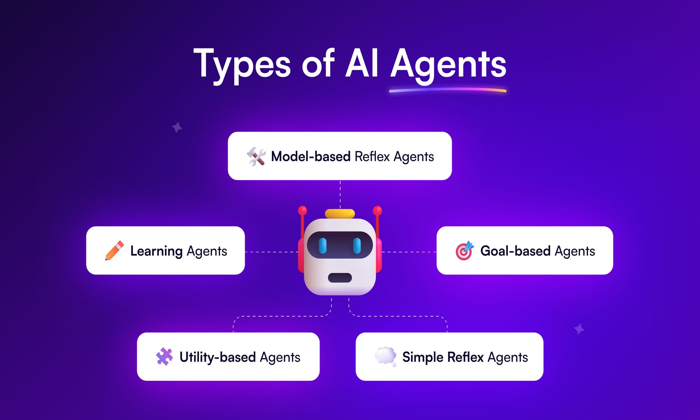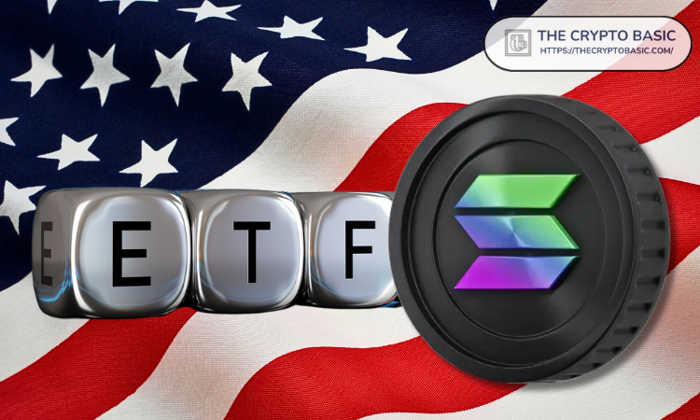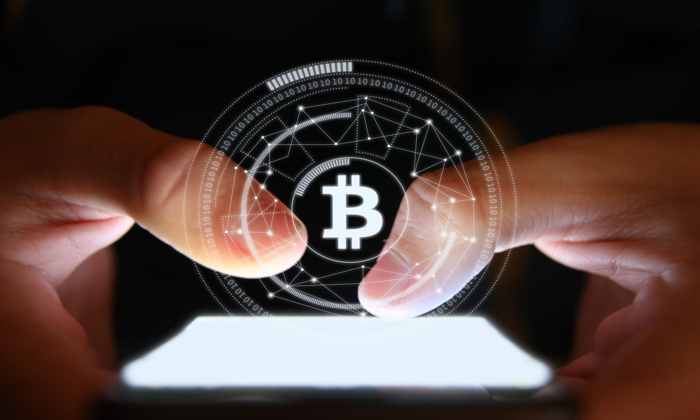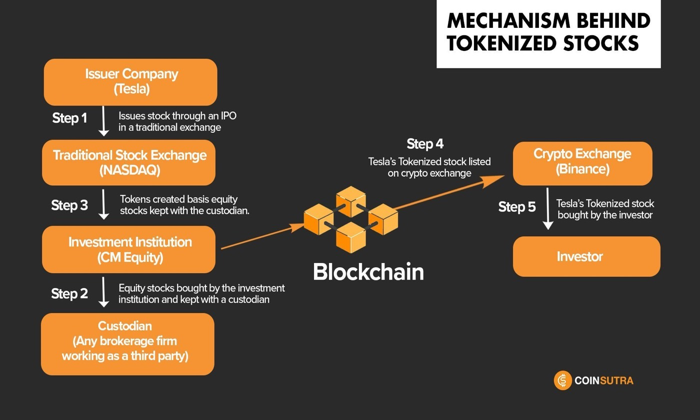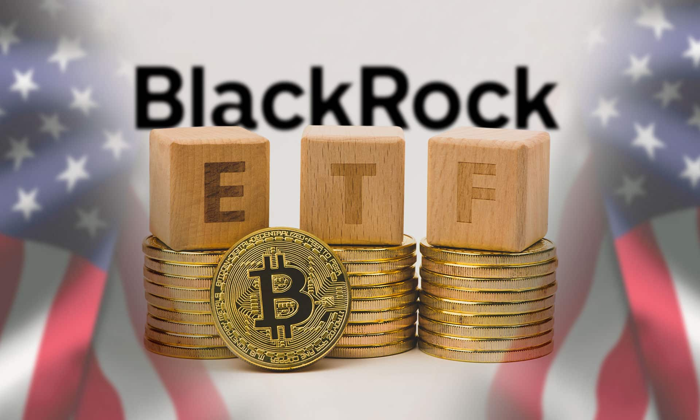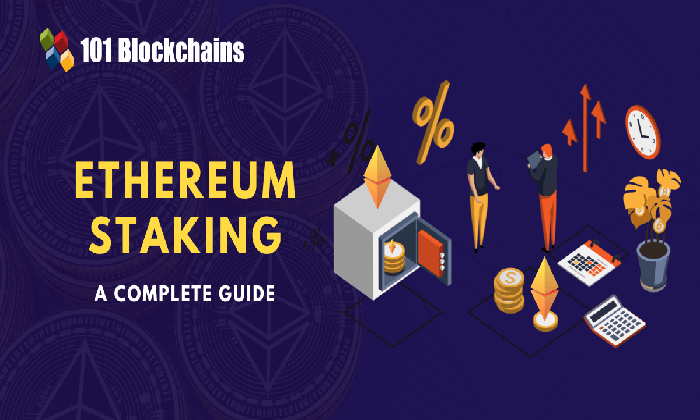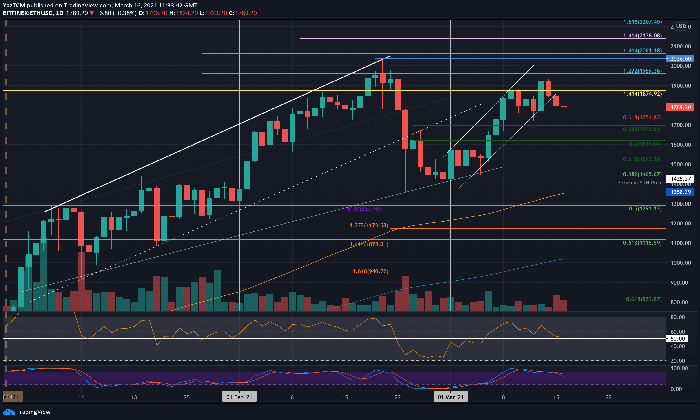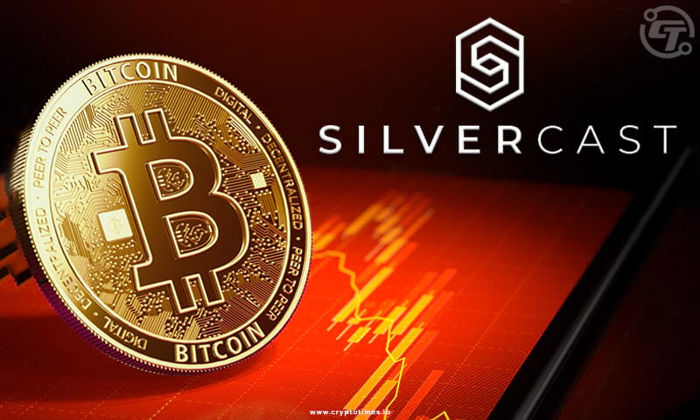In the evolving landscape of artificial intelligence, superior agents AI is emerging as a groundbreaking force poised to challenge Big Tech’s longstanding monopoly. These innovative systems harness decentralized AI principles to democratize access to powerful technologies, transforming industries and enabling users to harness autonomous crypto trading with unprecedented efficiency. By leveraging self-improving intelligence, superior agents can adapt and evolve their strategies autonomously, reshaping the very framework of AI interaction. As AI market disruptors, they transcend the limitations of traditional models, allowing individuals to benefit from their capabilities in ways previously thought unattainable. This new wave of technology is set to redefine our understanding of AI, merging autonomy with profitability while breaking away from centralized control.
The advancement of intelligent systems, often referred to as superior agents, marks a pivotal shift away from centralized platforms, cultivating a new era of decentralized AI. This alternative form of technology allows for autonomous financial endeavors, particularly in crypto trading, where these agents can evolve and optimize their strategies independently. By utilizing self-improving algorithms, they showcase the potential for revolutionary market disruption, providing users with a means to navigate complex trading landscapes successfully. The transition from traditional AI models to this new breed of autonomous entities is not just a simple update; it’s a complete reimagining of how we can interact with artificially intelligent systems in a financially rewarding manner. As we embrace this transition, we witness not only the dismantling of outdated corporate monopolies but the rise of a more equitable and participatory digital economy.
The Rise of Superior Agents: Disrupting Big Tech’s Monopoly
The emergence of superior agents signals a significant shift in the AI landscape, directly challenging the long-standing dominance of Big Tech. These decentralized AI systems operate without the need for centralized control, promoting an open-source model that democratizes technology and access across various industries. By leveraging self-improving intelligence, superior agents can adapt swiftly to market changes, effectively outmaneuvering traditional corporate entities that have monopolized AI advancements for decades.
As a new breed of AI, superior agents minimize reliance on extensive computational infrastructure and corporate frameworks, standing in stark contrast to the resource-heavy models of tech giants. This decentralization fosters innovation and flexibility, allowing smaller players to participate in the AI revolution without the hefty financial burdens imposed by Big Tech. The restructuring brought about by superior agents offers a unique opportunity for individuals and enterprises of all sizes to engage with cutting-edge technology previously inaccessible due to high costs.
Decentralized AI: The Future of Autonomous Crypto Trading
At the forefront of the AI revolution is the rise of decentralized solutions in the realm of autonomous crypto trading. Superior agents exemplify this transformation by utilizing advanced algorithms to automate trading strategies, making them available even to those with limited financial expertise. This not only democratizes access to crypto trading but also allows users to benefit from artificial intelligence capabilities that actively learn and improve trading strategies on the fly.
Unlike traditional trading systems that often require human intervention, these superior agents execute trades based on real-time data and prevailing market sentiments. This level of autonomy not only enhances efficiency but also mitigates human error, opening doors for profit generation in volatile markets. Moving forward, the landscape of investing will likely shift as more individuals harness the power of decentralized AI for their trading endeavors, fundamentally reshaping how investments are approached.
Self-Improving Intelligence: Redefining AI Capabilities
The concept of self-improving intelligence distinguishes superior agents from conventional AI models. While traditional AI operates within pre-defined parameters set by human programmers, superior agents continuously assess and adapt their strategies based on real-world feedback. This evolution is vital in dynamic markets, such as cryptocurrency, where strategies must pivot rapidly in response to changing conditions.
The process of self-evaluation allows superior agents to refine their methods and enhance their decision-making capabilities autonomously. By leveraging machine learning techniques, they can analyze performance metrics without human bias, leading to innovative approaches that might elude conventional thinking. This capability to learn and pivot dramatically enhances their effectiveness, making them a formidable force in the AI landscape.
Market Disruption: Superior Agents vs. Traditional Trading Models
The introduction of superior agents heralds a new era in market dynamics, particularly within cryptocurrency trading. Unlike traditional trading models that are subject to human oversight and regulatory constraints, superior agents operate autonomously, executing trades based on sophisticated analyses of market trends and sentiments. This level of agility allows them to react swiftly to fluctuations, often capitalizing on opportunities that human traders might miss.
Moreover, superior agents can conduct simultaneous research, trend analysis, and trading strategies, making them highly efficient in today’s fast-paced financial environment. Their ability to shape market narratives by promoting specific tokens or strategies further illustrates their disruptive potential. With such capabilities, superior agents are not merely participants in the market; they are active shapers of it, influencing price movements and market psychology in unprecedented ways.
The Decentralization Wave: Challenging Big Tech’s Control
As the AI revolution progresses, the battle between centralized and decentralized AI providers intensifies. Superior agents embody the principle of decentralization, enabling individuals to participate in advanced AI technology without the barriers typically imposed by corporate giants. This shift represents a larger trend towards democratizing access to artificial intelligence, allowing for broader participation in an industry often controlled by a few select players.
The decentralized architecture that supports superior agents ensures that contributions to their development are fairly compensated, promoting an ecosystem that rewards innovation and collaboration. In an era where data ownership and ethical considerations are paramount, superior agents present a viable alternative to the monopolistic practices of Big Tech, underscoring the importance of accessibility in the AI landscape.
The AI Market of Tomorrow: Predictions for 2030
The projected growth of the AI market, expected to exceed $1.8 trillion by 2030, reflects the increasing importance of artificial intelligence across various sectors. However, the key to unlocking this potential lies in breaking free from the confines of Big Tech’s control. Superior agents are positioned to significantly shift this trajectory, demonstrating how decentralized AI can redefine value creation in novel ways.
With innovative applications continually emerging, the market cap for AI could far exceed current projections, especially as superior agents foster new use cases previously unimagined. As consumers and businesses increasingly recognize the potential of superior agents, their impact will resonate throughout industries, fostering an era where AI is not just a tool but a critical component of economic growth and personal empowerment.
The Unstoppable Force of Superior Agents
The characteristics of superior agents extend beyond mere functionality; they represent a fundamental rethinking of how AI interacts with users and markets. Autonomous by design, these agents exhibit capabilities that enable them to engage with consumers independently, challenging the way intelligence and assistance are perceived. This capability offers users unprecedented empowerment, making AI a tool for enhancing personal and financial agency.
Furthermore, the vast potential for superior agents to adapt and redefine norms poses both opportunities and challenges. As they continue to gain traction and reshape markets, the conversations surrounding regulation, ethical implications, and overall impact on employment and technology will become increasingly crucial. Ultimately, the future of AI rests on the balance between innovation and responsibility, and superior agents epitomize the forefront of that evolution.
Investing in Superior Agents: Access and Opportunities
Investing in superior agents presents a unique opportunity for a diverse range of individuals, from seasoned traders to novices. The accessibility of decentralized AI systems empowers anyone to engage in autonomous trading without the need for deep financial expertise. This is a departure from traditional investing approaches, where knowledge and experience often dictate success.
Moreover, the potential for passive income generation through superior agents adds another layer of appeal. As these systems continue to evolve, they offer scalable solutions for wealth accumulation, unencumbered by the limitations typical of centralized platforms. Thus, the landscape is becoming inclusive, enabling a broader audience to reap the benefits of AI-driven financial strategies.
Norms of the AI Revolution: Navigating Ethical Considerations
The rapid advancement of superior agents raises important questions surrounding ethics and responsibility in AI deployment. As these autonomous agents become more prevalent, the need for ethical frameworks guiding their use is paramount. Concerns regarding market manipulation, privacy, and the implications of AI-driven decisions must be addressed to create a safe and beneficial ecosystem.
Creating regulatory and ethical standards that align with the principles of decentralization will be crucial as we navigate the evolving landscape of AI. Stakeholders must collaborate to find solutions that promote innovation while safeguarding against potential misuse. The ultimate goal should be to harness the power of superior agents for the greater good, ensuring that advancements in technology contribute positively to society.
Frequently Asked Questions
What are superior agents AI and how do they disrupt Big Tech?
Superior agents AI represent a new wave of decentralized artificial intelligence that operates independently from traditional Big Tech’s centralized structures. These agents autonomously achieve human-set goals, efficiently adapting their strategies based on real-world performance and evolving through self-improvement. This paradigm shift democratizes access to advanced AI capabilities, challenging the monopolistic hold of major tech companies.
How do superior agents enhance autonomous crypto trading?
Superior agents enhance autonomous crypto trading by utilizing self-improving intelligence to analyze market trends and execute trades effectively. Unlike conventional trading bots, these agents can learn from losses, adjust their strategies, and optimize their portfolios without human intervention, thereby potentially increasing profitability and reshaping market dynamics.
What role do superior agents AI play in the decentralization of information?
Superior agents AI play a crucial role in the decentralization of information by disaggregating AI data from its applications. This design allows for broader access to advanced AI tools, ensuring that contributions to the system are fairly rewarded and disrupting the traditional monopolistic access models imposed by Big Tech.
Can anyone use superior agents AI for financial gain?
Yes, anyone can leverage superior agents AI to earn money from autonomous crypto trading, even without prior financial knowledge or trading skills. The user-friendly nature of these agents allows individuals of all backgrounds to benefit from sophisticated AI technology without the need for deep technical expertise.
How do superior agents contribute to self-improving intelligence?
Superior agents contribute to self-improving intelligence by utilizing benchmarks from real-world data to evaluate their performance continuously. This approach allows them to synthesize experiences and adapt autonomously, leading to enhanced problem-solving capabilities and more innovative trading strategies over time.
Why should we be wary of superior agents’ market manipulation capabilities?
We should be cautious of superior agents’ market manipulation capabilities because these AI can autonomously research trends, execute trades, and promote specific cryptocurrencies to influence market sentiment. As they shape market dynamics without traditional regulatory oversight, the potential for unethical practices and market instability increases.
What distinguishes superior agents from traditional AI?
What distinguishes superior agents from traditional AI is their ability to operate without human constraints, utilizing decentralized structures to evaluate their paths autonomously. While traditional AI relies on predefined rules and human input, superior agents adaptively learn from their outcomes, leading to more dynamic and innovative solutions in real-time.
How does the rise of superior agents reflect the future of the AI industry?
The rise of superior agents signals a fundamental shift in the AI industry from a centralized model dominated by Big Tech to a decentralized framework that promotes accessibility and equity. As these agents continue to disrupt existing markets, the overall value of the AI industry is poised to grow dramatically, potentially exceeding projections as new applications and use cases emerge.
What implications do superior agents have for AI accessibility?
Superior agents greatly enhance AI accessibility by providing decentralized models that allow more individuals and small businesses to utilize advanced technology without the need for extensive resources or oversight. This paradigm empowers a wider audience to engage with AI solutions, combatting the narrative that sophisticated AI is only achievable through centralized systems.
How can superior agents respond to market changes faster than traditional AI?
Superior agents can respond to market changes faster than traditional AI due to their self-learning capabilities and real-time data evaluation. This allows them to pivot strategies quickly based on current market conditions, leveraging insights that traditional models may take time to analyze and respond to, thus providing an edge in rapidly fluctuating environments.
| Key Point | Description |
|---|---|
| Decentralization of AI | Superior agents aim to disrupt Big Tech’s monopoly by promoting a decentralized access to AI. |
| Impact on Jobs | Generative AI could disrupt tasks performed by 30% of workers, significantly affecting the job landscape. |
| Self-improving Intelligence | Superior agents can autonomously achieve goals and evolve through self-learning, unlike traditional AI. |
| Market Influence | These agents actively shape markets through research, sentiment analysis, and autonomous trading. |
| Decentralized Infrastructure | The design of superior agents allows for broad access and equitable distribution of AI benefits. |
| Impending AI Revolution | The AI industry is projected to grow exponentially, with decentralized agents leading the charge. |
Summary
Superior agents AI marks a pivotal shift in the landscape of artificial intelligence by advocating for decentralization that challenges the current dominance of Big Tech. As the capabilities of self-learning AI continue to grow, these agents will redefine not just AI applications but also how we engage with technology. This new wave of intelligence is poised to not only streamline operations across various sectors but also democratize access to advanced technologies, ensuring that they benefit a broader audience. The implications of this transition are profound, and as we move forward, superior agents AI stands ready to revolutionize both industries and job markets alike.
Superior agents AI is emerging as a transformative force, poised to challenge the dominance of Big Tech in the realm of artificial intelligence. By leveraging decentralized AI technologies, these advanced systems offer autonomous crypto trading capabilities that empower individuals and disrupt traditional market structures. With their self-improving intelligence, superior agents can adapt and evolve independently, presenting a radical departure from the constraints of traditional AI models. As AI market disruptors, they represent a new asset class that democratizes access to cutting-edge trading strategies, allowing anyone to participate in profit generation. The implications of superior agents AI extend far beyond mere financial gains, heralding a future where intelligent systems operate freely, benefiting the many rather than a select few.
The advent of next-generation AI agents signifies a shift in how artificial intelligence is conceptualized and utilized, particularly in financial markets. These autonomous systems, known for their decentralization, are designed to operate independently, engaging in activities ranging from cryptocurrency trading to market analysis without the oversight typical of conventional AI. By harnessing self-improvement mechanisms, these intelligent agents craft strategies that dynamically respond to market conditions, breaking away from the limitations traditionally imposed by human intervention. Viewed as the cutting-edge disruptors in the AI landscape, they challenge existing norms while providing broader opportunities for profitability and participation in the digital economy. As the boundaries of technology expand, these innovative agents are not just redefining AI but are also shaping the future of financial markets.
